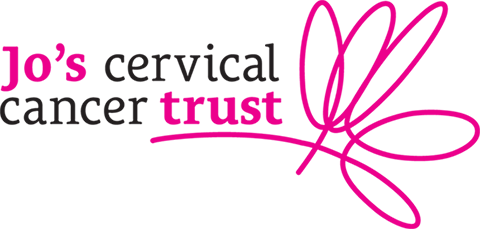Wed, 05/04/2017 - 09:31
Jo’s Cervical Cancer Trust comments on the latest findings by Health Protection Scotland that since the introduction of the HPV vaccine in 2008 prevalence of high-risk HPV has dropped by 90% in young women.
Robert Music, Chief Executive of Jo’s Cervical Cancer Trust says:"It is extremely positive to see that the HPV vaccination programme in Scotland is potentially having a greater impact in reducing the prevalence of high-risk HPV types than initially thought. Two types of high risk-HPV are responsible for 80% of cervical cancers in Scotland and a 90% reduction in levels of the virus amongst young women could have a huge impact on the number of women diagnosed with cervical cancer and losing their lives to the disease. Uptake of the vaccination in Scotland is currently high which is excellent but we mustn’t be complacent and should aspire to increase this even more to ensure even fewer girls miss out on a high level of protection against cervical cancer.”
The researchers, led by senior epidemiologist Dr Kevin Pollock at Health Protection Scotland, said they hoped to see a decrease in new diagnoses within a year.
He told BBC Radio Scotland: "The two HPV types we were vaccinating against - HPV 16 and HPV 18 - cause about 70% to 80% of cervical cancers within Scotland but the vaccine has exceeded our expectations because it appears to have knocked out another three high-risk HPV types which cause about 10% of cervical cancers. So we do forecast within the next few years a 90% reduction in cervical cancer within Scotland."
Researchers compared the cervical screening and vaccination records of women born in 1995, who had been vaccinated as teenagers, with those from unvaccinated women born between 1989 and 1990. They found just 0.5% of women from the 1995 group tested positive for the virus, compared with 21.4% of women born before 1990.
The study also showed evidence that the vaccine protected against three other high-risk HPV genotypes involved in the development of cervical cancer.
